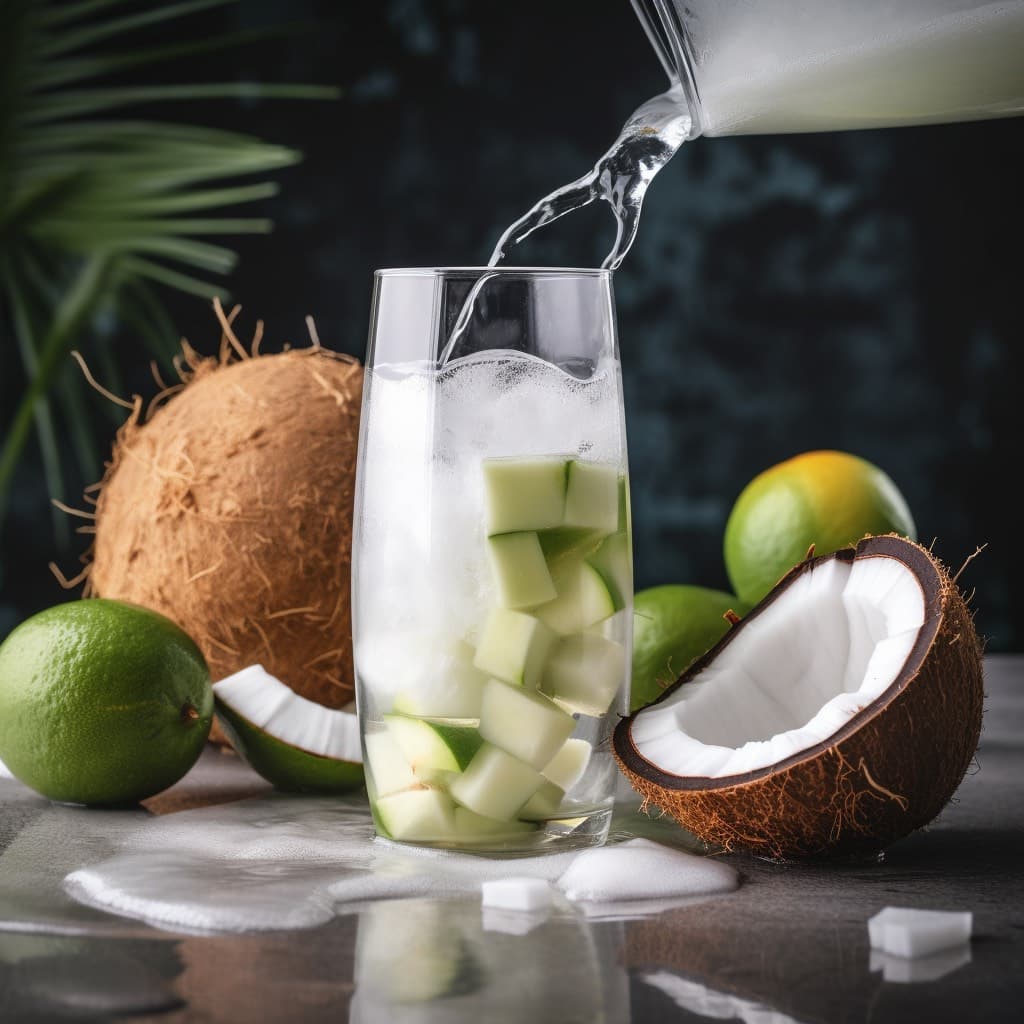When it comes to fruit juice, one of the common debates revolves around whether it's better to consume juice with or without pulp. Some prefer the smooth and silky texture of pulp-free juice, while others enjoy the added texture and potential health benefits of juice with pulp. In this article, we will explore the advantages and considerations of both options, helping you make an informed decision about which type of fruit juice suits your preferences and needs.
Understanding Fruit Juice and Pulp
Before diving into the debate, let's clarify what we mean by fruit juice and pulp. Fruit juice is the liquid extracted from fruits, typically through juicing processes. Pulp refers to the fibrous content found in fruits, including the skins, seeds, and flesh. The presence of pulp in juice can vary, depending on the processing methods employed.
Benefits of Fruit Juice with Pulp
Increased Fiber Content and Digestive Benefits
One of the key advantages of consuming fruit juice with pulp is the increased fiber content. Fiber is a crucial nutrient that supports digestive health and regularity. It aids in maintaining a healthy gut by promoting proper digestion and preventing constipation. Juice with pulp retains some of the fibrous content, providing additional dietary fiber compared to pulp-free options.
Enhanced Satiety and Weight Management
The presence of pulp in fruit juice can contribute to a feeling of fullness and satiety. The fiber in the pulp slows down the absorption of sugars into the bloodstream, preventing sudden spikes in blood sugar levels and subsequent crashes. This slower digestion process can help regulate appetite and promote weight management by reducing excessive calorie intake.
Potential Benefits for Blood Sugar Regulation
The fiber in fruit pulp also plays a role in managing blood sugar levels. When you consume fruit juice with pulp, the fiber slows down the release of sugars, preventing rapid spikes in blood glucose. This can be particularly beneficial for individuals with diabetes or those seeking to maintain stable blood sugar levels.
Promotion of a Healthy Gut Microbiome
The fiber in fruit pulp acts as a prebiotic, providing nourishment to the beneficial bacteria in your gut. These friendly gut bacteria play a crucial role in supporting immune function, nutrient absorption, and overall well-being. Consuming fruit juice with pulp can contribute to a healthy gut microbiome by providing the necessary fuel for these beneficial bacteria.
Advantages of Fruit Juice without Pulp
While juice with pulp offers unique benefits, there are also advantages to consuming fruit juice without pulp. Let's explore them:
Smooth Texture and Easy Consumption
Pulp-free fruit juice has a smooth and consistent texture, making it easier to drink and enjoy, especially for children or individuals with sensitive palates. The absence of pulp eliminates any potential texture-related issues, ensuring a pleasant drinking experience.
Quick Absorption of Nutrients
Fruit juice without pulp undergoes processing that removes the fibrous content, resulting in a liquid that is quickly absorbed by the body. The absence of fiber allows the nutrients in the juice to be readily available for absorption, providing a rapid burst of vitamins, minerals, and antioxidants.
Less Risk of Digestive Issues or Discomfort
For individuals with certain digestive conditions, such as irritable bowel syndrome (IBS) or gastrointestinal disorders, consuming fruit juice without pulp may be more suitable. The absence of pulp reduces the likelihood of experiencing discomfort or exacerbating symptoms that may arise from consuming fibrous foods.
Considering Personal Preferences and Health Conditions
When deciding whether to consume fruit juice with or without pulp, it's important to consider your personal preferences and any health conditions you may have. Your taste preferences and texture preferences play a significant role in your enjoyment of fruit juice. Some individuals may find the texture of pulp unappealing, while others appreciate the added texture.
It's also essential to consider any health conditions that may influence your choice. For example, if you have difficulty digesting fibrous foods or if your healthcare provider has advised you to limit your fiber intake, opting for fruit juice without pulp might be more suitable for you.
Making Informed Choices
When purchasing fruit juice, it's important to read product labels and understand the composition of the juice. Some juices labeled as "with pulp" may contain minimal pulp or even artificial additives to mimic the texture. Opting for natural or freshly squeezed juices ensures a more genuine pulp experience.
If you enjoy experimenting in the kitchen, you can also consider making your own fruit juice with your preferred level of pulp. This way, you have full control over the texture and can customize it according to your taste and preferences.
Expert Opinions and Research Findings
Opinions among nutritionists and healthcare professionals vary regarding the consumption of fruit juice with or without pulp. While some emphasize the benefits of consuming pulp for its fiber content, others suggest that a well-balanced diet with whole fruits and vegetables can provide sufficient fiber intake, making the choice of pulp in juice less critical.
Scientific studies on the specific impact of fruit juice with or without pulp are limited. However, research consistently highlights the importance of a diverse and balanced diet, emphasizing the inclusion of whole fruits and vegetables for optimal health.
Conclusion
In the debate of whether to consume fruit juice with or without pulp, there is no definitive answer. It ultimately boils down to personal preference, taste, and individual health considerations. Both options offer their own advantages and can be enjoyed as part of a healthy diet.
Remember, while fruit juice with pulp provides additional fiber and potential digestive benefits, whole fruits and vegetables remain the best sources of fiber and overall nutrition. Incorporating a variety of fruits and vegetables in your diet is crucial to ensure you receive the full spectrum of nutrients and fiber your body needs.
Ultimately, the choice between fruit juice with or without pulp should align with your taste buds and overall dietary goals. So go ahead, savor your preferred fruit juice and enjoy the goodness it brings!
FAQs
1. Is there a significant nutritional difference between fruit juice with pulp and without pulp? The nutritional difference lies in the fiber content. Fruit juice with pulp contains more dietary fiber, which is beneficial for digestion and overall health. However, the overall nutrient content, such as vitamins and minerals, remains relatively similar.
2. Can consuming fruit juice with pulp help with weight management? Yes, fruit juice with pulp can contribute to weight management due to its higher fiber content. The fiber promotes satiety, helping you feel fuller for longer and potentially reducing overall calorie intake.
3. Does fruit juice without pulp affect blood sugar levels differently? Fruit juice without pulp is generally absorbed more quickly by the body, which can cause a more rapid rise in blood sugar levels compared to juice with pulp. However, the impact can vary depending on the specific type of fruit juice and individual metabolic factors.
4. Are there any health conditions that would favor one type of fruit juice over the other? Individuals with digestive conditions like irritable bowel syndrome (IBS) or conditions requiring a low-fiber diet may find fruit juice without pulp more suitable. It's always best to consult with a healthcare professional for personalized dietary advice.
5. Can I make fruit juice with my preferred pulp level at home? Absolutely! Making fruit juice at home allows you to control the pulp level according to your preferences. You can adjust the amount of pulp by using a juicer or blender and straining the juice to achieve your desired texture.


